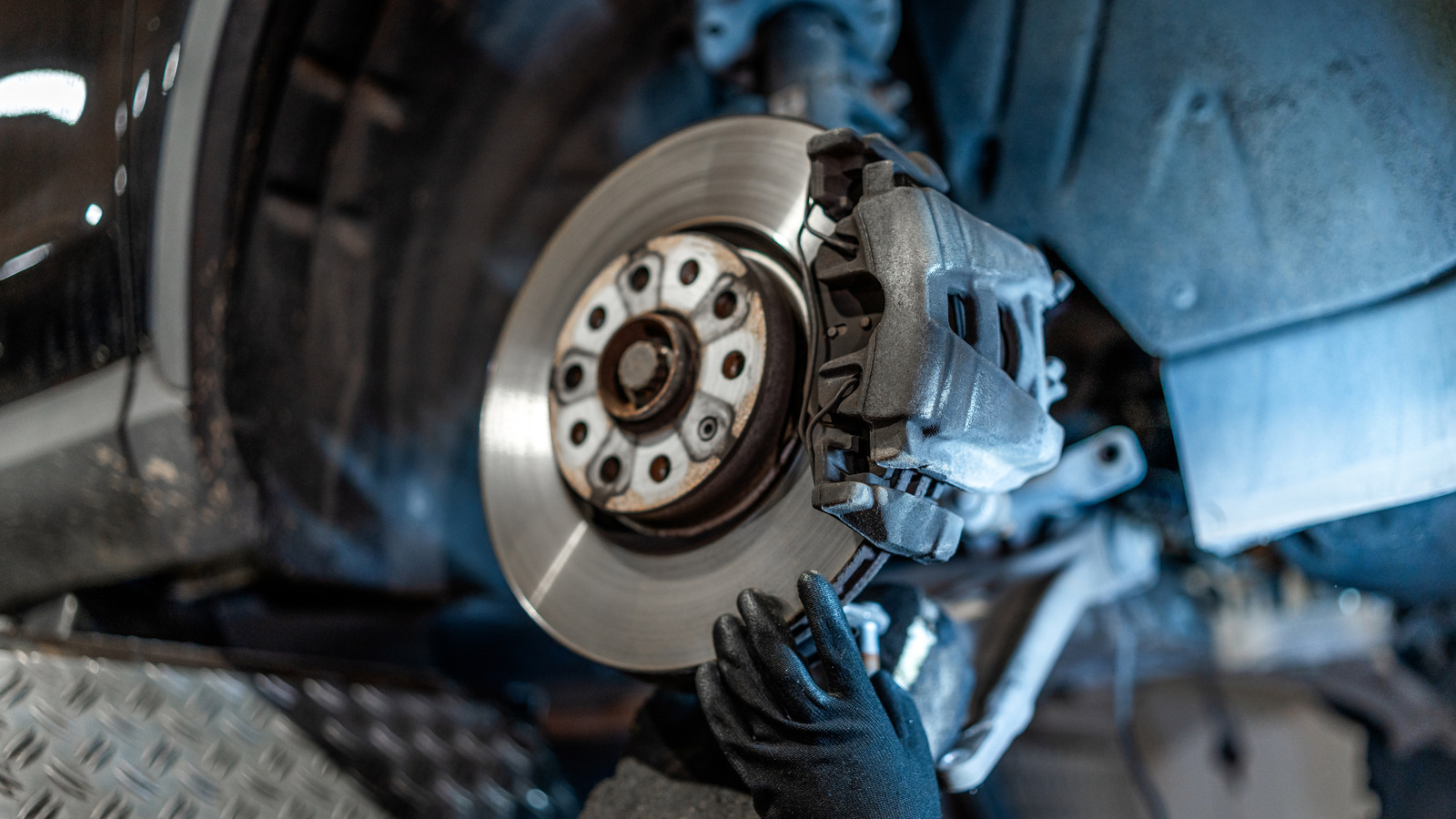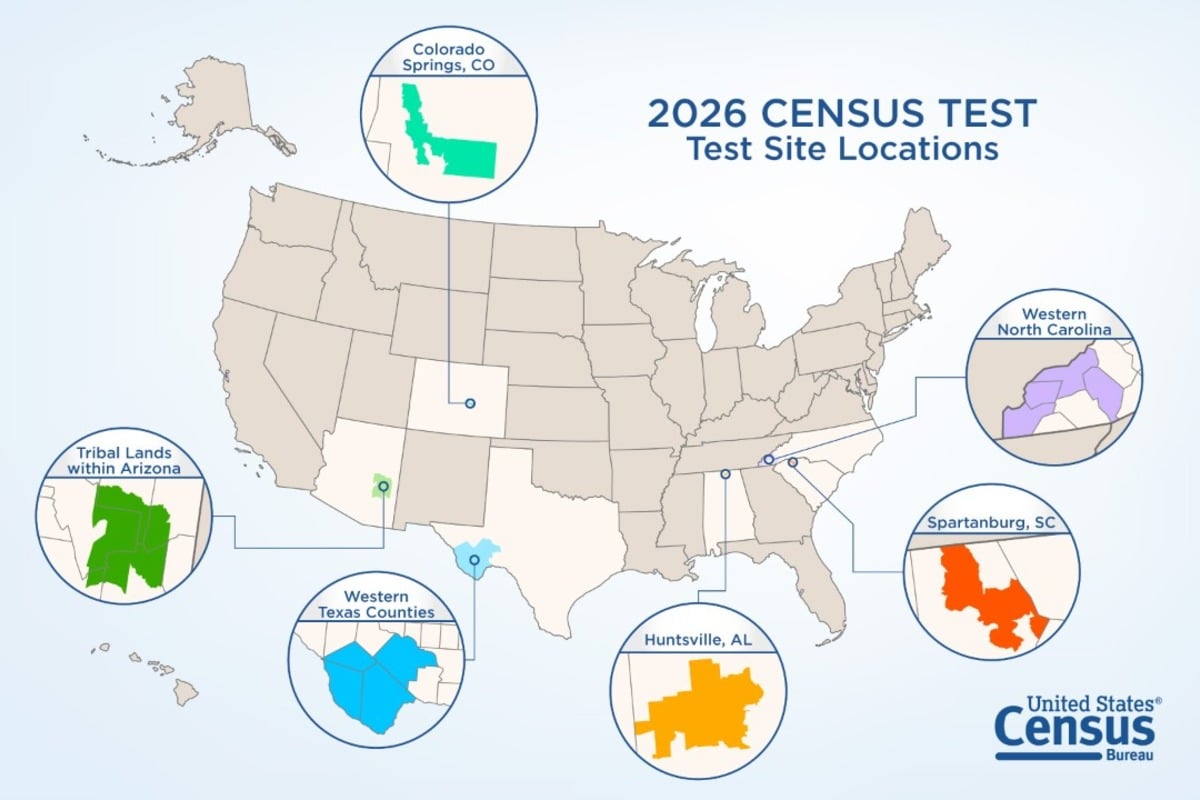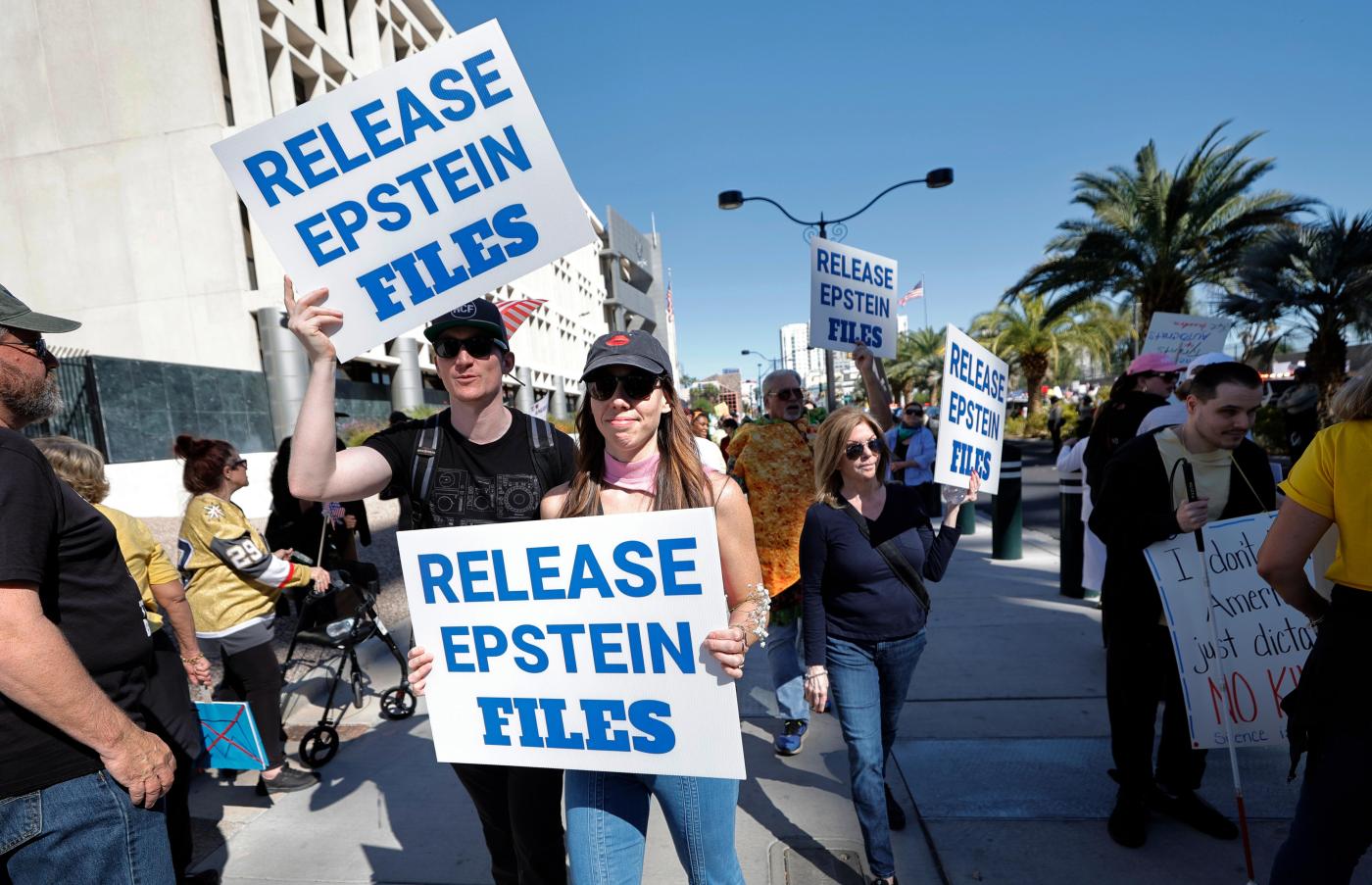Residents of Arizona may soon lose access to RockAuto, a major online retailer for auto parts, due to an ongoing tax dispute. The Arizona Department of Revenue (ADOR) claims that RockAuto owes approximately $11 million in unpaid sales taxes. This figure, according to RockAuto’s president, Jim Taylor, is “far more money than we earned in 20 years selling auto parts to Arizonans.” The situation has escalated to the point where RockAuto has indicated it will cease operations in the state by early November 2023 unless a resolution is reached.
The crux of the matter lies in the recent determination by ADOR that RockAuto has a physical presence in Arizona, thereby necessitating the collection of sales tax. This conclusion has been contested by RockAuto, which argues that its business model does not establish a physical nexus in the state. The company has stated its intention to stop selling in Arizona as it negotiates with state officials, a move that could significantly impact local consumers seeking auto parts.
Background of the Tax Dispute
Historically, states were unable to collect sales taxes from online retailers lacking a physical presence. However, this changed in 2018 when the United States Supreme Court ruled that states could impose taxes on businesses operating within their jurisdictions, regardless of physical presence. Following this ruling, Arizona implemented the Transaction Privilege Tax in 2019, requiring online retailers to collect sales tax from Arizona customers.
While RockAuto complied with this legislation, tensions arose when ADOR conducted an audit and claimed the retailer owed back taxes from previous years. The state argued that RockAuto’s relationships with suppliers in Arizona constituted a physical presence. In contrast, RockAuto maintained that utilizing Arizona-based suppliers for drop-shipping does not equate to having a physical business presence.
The legal battle began when the Arizona Superior Court initially sided with RockAuto, ruling that the company did not meet the criteria for a physical presence under state tax law. The court determined that only 11 percent of orders placed in Arizona were fulfilled by local suppliers, with many shipments being sent to other states.
Developments in the Legal Proceedings
Despite the favorable ruling, ADOR appealed the decision. In a subsequent ruling, the Arizona Court of Appeals concluded that RockAuto did, in fact, have a presence in the state. This determination was based on several factors, including the operation of local suppliers shipping to Arizona customers and the involvement of RockAuto employees visiting these suppliers. The court’s decision also highlighted the company’s promotional activities directed at Arizona residents.
Following the court’s ruling, RockAuto faced the prospect of retroactive tax liabilities, which the company argues are unfounded. In a recent op-ed published in the Arizona Capitol Times, Taylor criticized the state’s interpretation of tax liabilities, expressing frustration over what he termed “magical” logic that classified company assets and operations as a physical presence.
As the tax dispute continues, Taylor emphasized that the current situation is not sustainable for RockAuto, leading to the impending cessation of sales in Arizona. Consumers are urged to place orders quickly if they wish to purchase auto parts from RockAuto before the deadline.
The unfolding situation not only affects RockAuto but also raises broader questions about online retail taxation and the implications for consumers in Arizona. As negotiations progress, the future of RockAuto’s operations in the state remains uncertain, with significant financial and operational consequences at stake.






